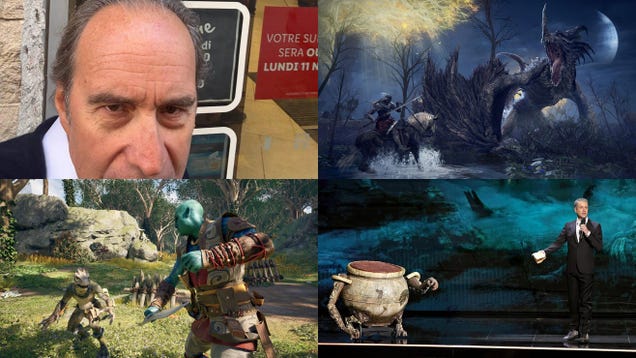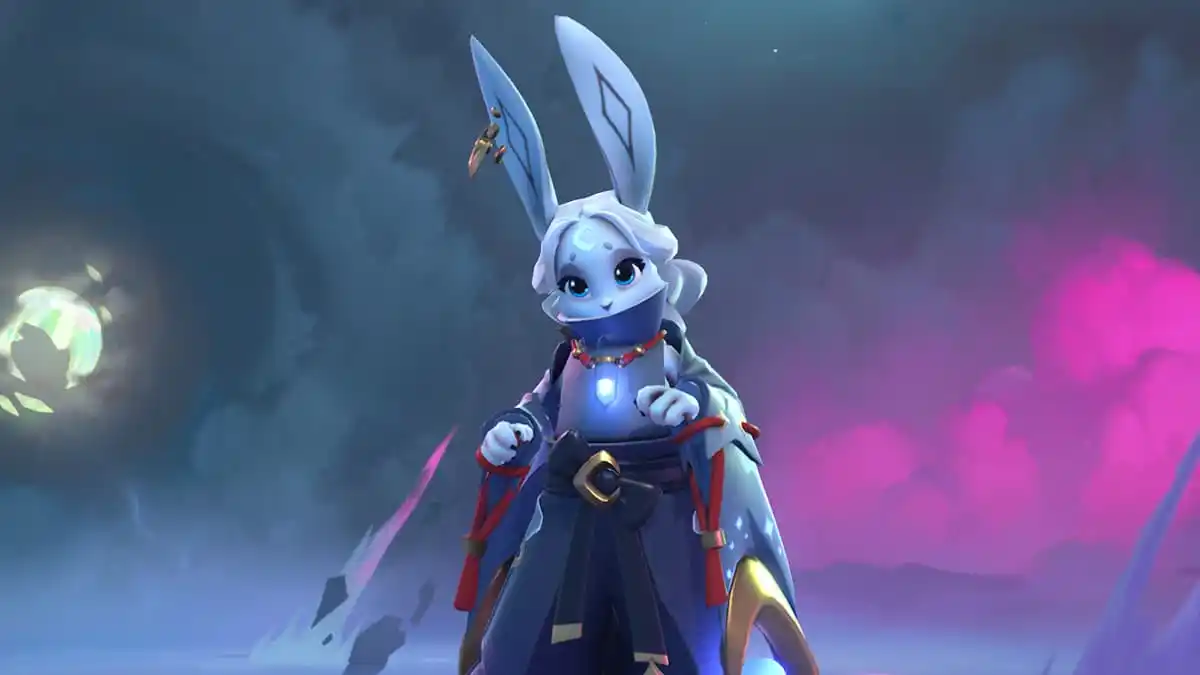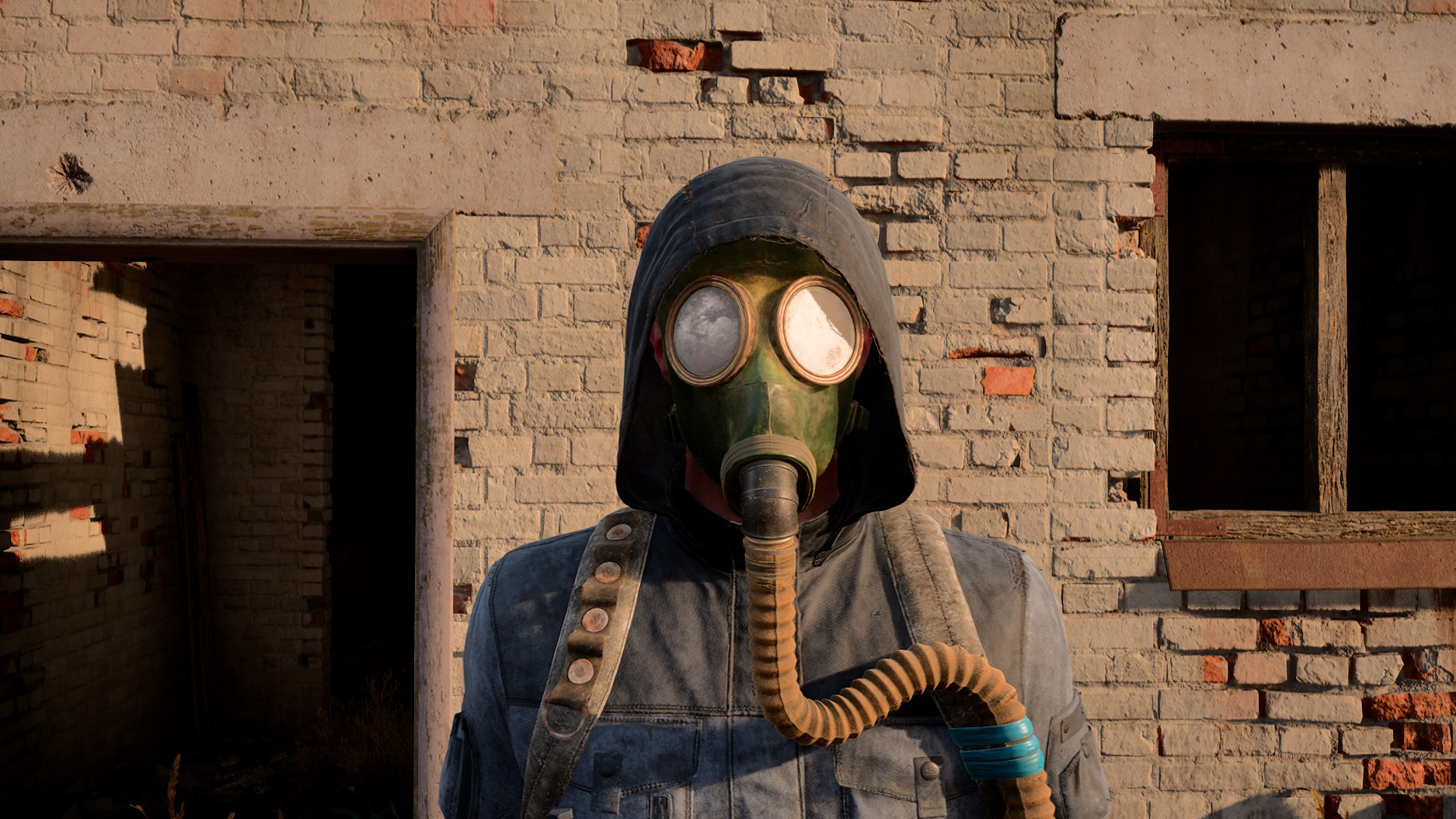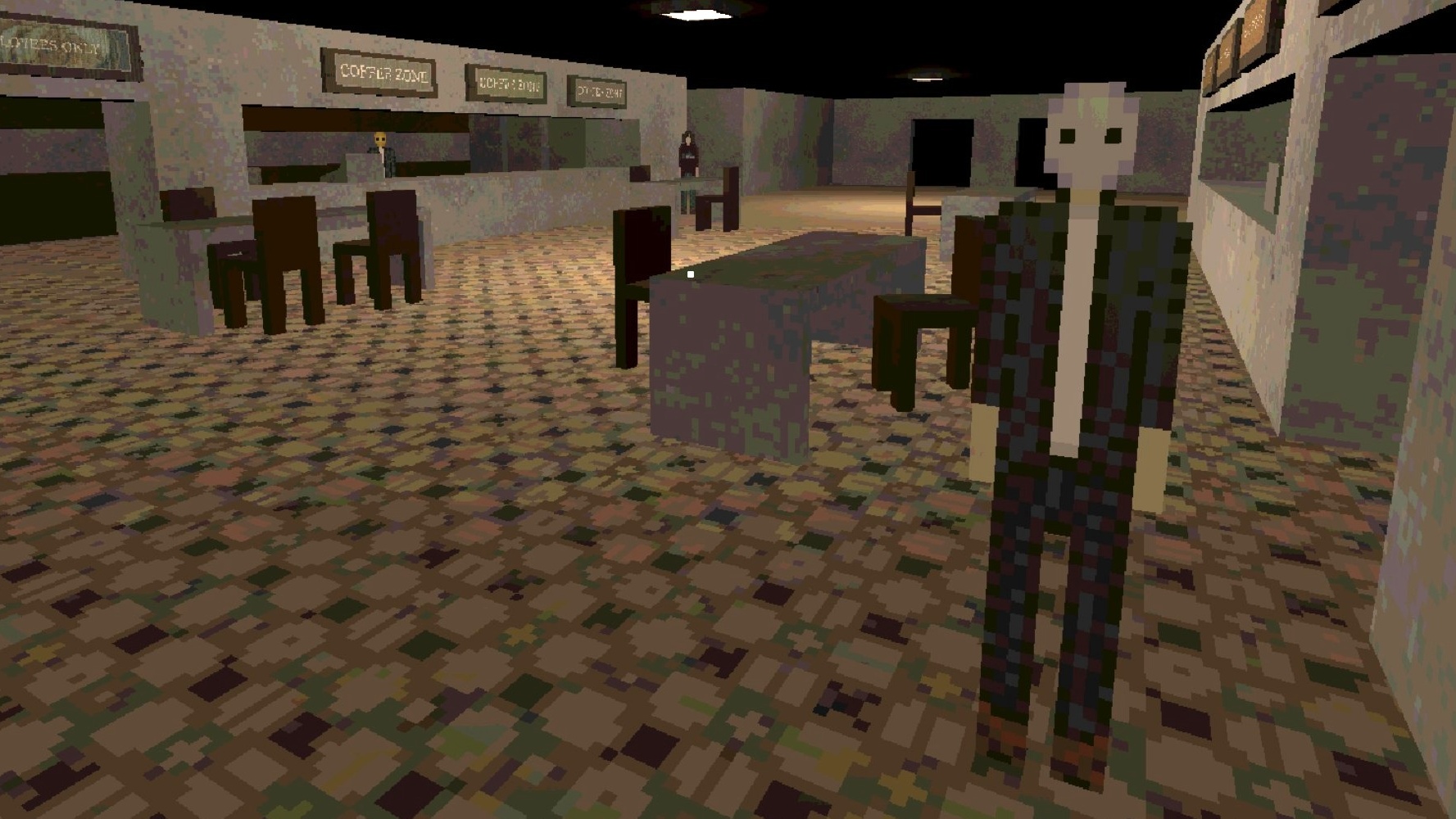
Until Dawn Review
Not all video game remakes are recreated equally. For every genuinely game-changing Final Fantasy VII Remake or Metroid: Zero Mission, you have comparatively more surface-level restorations like 2018’s Shadows of the Colossus or 2020’s Destroy All Humans! that transplant most of the original material into a new game engine that looks nicer but doesn’t really change how it works. Until Dawn fits firmly into that latter camp. Its colourful cast of horny teenagers and spooky snowy mountain setting have never looked better, but its gripping, life-or-death decision-based gameplay is more or less identical to how I remember it from the 2015 original. The general lack of gameplay improvements and noticeable performance problems are a poor trade-off for what it offers, and that makes it tough to recommend, particularly since its premium price makes Until Dawn seem less like a must-have bit of moonlit murder and something closer to a case of daylight robbery.
Here’s what our reviewer said in her review of the 2015 original:
Until Dawn (2015) Review
“At its best, Until Dawn is a gleefully cheesy homage to horror movies, set in a world built by a developer that clearly adores the genre. Although its thrills are tempered by a lack of story cohesion, its robust choice-and-consequence system and keen eye on horror’s most ridiculous tropes makes Until Dawn ultimately worth playing.” – Lucy O’Brien, August 25, 2015
Score: 7.5
That sentiment still largely rings true – it’s basically the same game, after all. While Supermassive’s subsequent choose-your-own-misadventure horror stories, like 2021’s The Dark Pictures Anthology: House of Ashes and 2022’s The Quarry, have come close to matching it, Until Dawn still remains the most well-rounded execution of the choice-and-consequence-heavy formula that the developer has made its own. Its schlock horror story is crammed with entertainingly gory scenarios inspired by the likes of Saw, The Descent, and Poltergeist, and its cast is headlined by strong performances from Hayden Panettiere, Peter Stormare, and Rami Malek, whose characters remain just as engaging today as they were nine years ago – even in spite of the occasionally cringe-inducing dialogue.
Back in Blackwood
While the cast and remote Blackwood Pines setting remain the same, everything has been rebuilt on an entirely new engine (Unreal 5) for this remake, and it shows in ways both good and bad. There’s no question that the higher-quality textures and dramatically improved lighting combine to give this interactive slasher film a considerably more realistic edge, and there are a number of welcome environmental touches, like snow that visibly crumples underfoot and the rays of a setting sun reflected in the window glass of a gondola.
However, these enhancements come at the cost of a frame rate that’s often every bit as shaky as the freaked-out teens onscreen, and at its worst this rebuilt Until Dawn is also prone to coming apart completely like a serial killer’s victim on the sharp end of a saw blade. I managed to make it through my full playthrough without ever being unceremoniously bumped out to the PlayStation 5’s home screen, but another member of IGN’s staff reported no fewer than six crashes within the eight-hour story’s opening half. Until Dawn is supposed to be about preventing its cast of characters from meeting a sudden end at the hands of an unspeakably evil presence, not an indecipherable Sony error code.
These enhancements come at the cost of a frame rate that’s often every bit as shaky as the freaked-out teens onscreen.
Whereas the original Until Dawn is experienced mostly from fixed camera perspectives, the 2024 version – for the most part – favours an over-the-shoulder, third-person view not unlike the recently released Silent Hill 2 remake. There are definite benefits to this manual camera control system, both in the sense that it allows you to better observe the heightened detail in the creepy environments around you, and also swivel your viewpoint around to identify the small number of new areas to explore off the beaten path. For instance, you’ll find a car park outside the ski lift station in the story’s opening hours that wasn’t there before. However, there’s not much of interest to find in this handful of new locations, and I can’t help but feel that the new camera system works against the overall cinematic presentation. Until Dawn’s consistent close-up chase cam meant it felt less like I was puppeteering the characters in an interactive slasher movie and more like I was sauntering my way through a survival-horror shooter, minus the actual combat.
It’s also a strange choice that developer Ballistic Moon has scrapped the ability to walk faster in this remake. Characters will automatically break into a sprint during quick-time event-heavy chase sequences, but otherwise there’s no longer the option of speeding the exploration of environments up a bit with the press of a button like you could previously. Combine that with a distinctly drunken sluggishness to character movement that sees them stumble a few steps too many in one direction after you’ve changed to another, and Until Dawn is now slower and clumsier to control than it used to be, which is not exactly ideal when you’re trying to herd a group of hapless teenagers towards surviving the many horrors of the night.
Teenage Future Injure Totems
The sloppier movement also makes it more of a chore to scour your surroundings for totems. Collecting these scattered Native American artifacts once again gives you brief glimpses at potential character fates, which provide some foresight into your decision-making, only this time their placements have been reshuffled – presumably to make finding them more of a challenge for returning players. That’s all well and good, but I wish that actually triggering the premonitions hadn’t been turned into such a fiddly process.
In the original Until Dawn you found a totem, flipped it over to see a character’s potential death, then moved on. Now you have to pick the totem up, then slowly shift it up and down and swivel it left and right before a tiny glimmer of light appears somewhere on its surface and the vision is finally revealed. It just feels annoyingly unwieldy, like trying to retrieve a pick from an acoustic guitar after you’ve accidentally dropped it into the soundhole, and really only serves to needlessly drag out what was previously a fairly immediate and straightforward process.
This token totem twist is pretty much the only new gameplay mechanic of note. Aside from a slightly lengthened prologue and a new post-credits scene that hints at the possibility of a sequel, Until Dawn otherwise features all the same choices, quick-time events, and potential character fates that it did previously, and the crowd-friendly, pass-the-controller co-op gameplay introduced in later Supermassive Games adventures sadly hasn’t been retrofitted in here. It is slightly more tailorable to personal preferences, though, so if you find that your hands are too shaky for the ‘Don’t Move’ sequences that instruct you to keep the controller as still as possible, you can just go ahead and disable them from the pause menu, for example.
Overall, however, this Until Dawn remake remains a pretty hard sell given that right next to its listing on the PlayStation Store is the PlayStation 4 version, which still looks sharp and runs at a smooth 60fps on the PlayStation 5 at only a fraction of the cost. The new Until Dawn costs over four times as much as the original (at least, here in Australia), and there’s no upgrade path for existing owners of the PS4 version like there has been previously with other first-party Sony games like the PS5 ports of Horizon Zero Dawn and The Last of Us Part II. To be fair, those were technically remasters rather than remakes (The Last of Us Part I is a remake that also had no upgrade path from the PS3 or PS4 remastered versions), but I’d argue that the improvements to Until Dawn are so superficial that it feels much closer to a remaster than a remake anyway.







